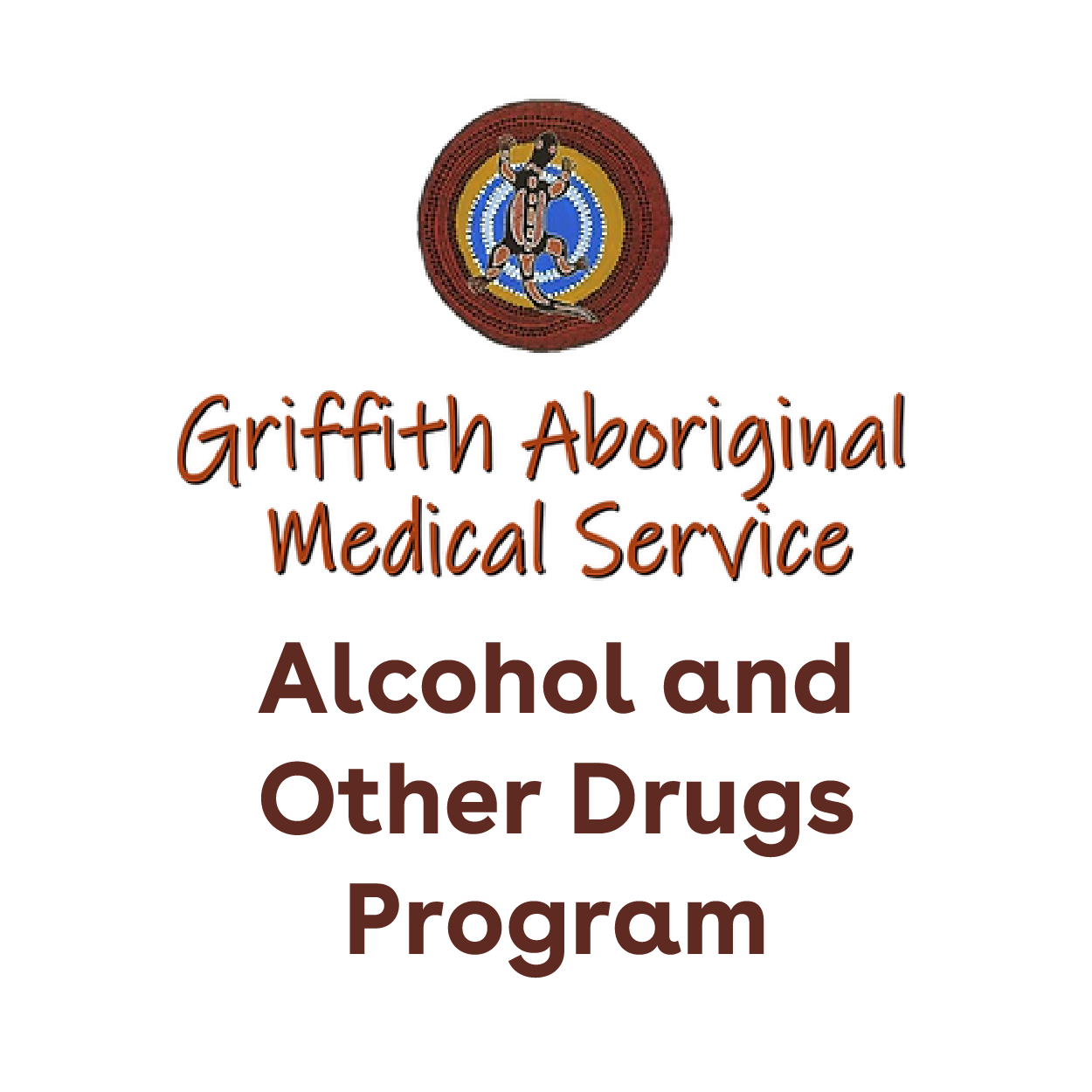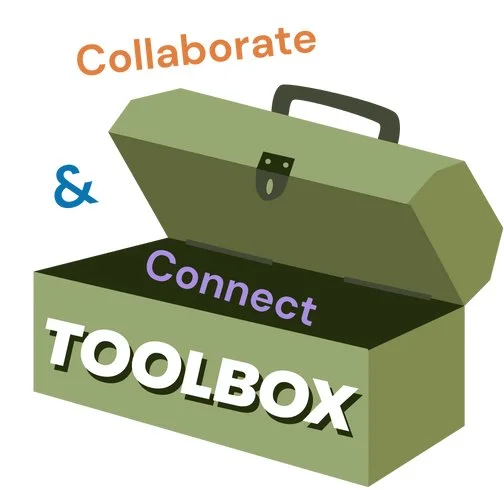Aboriginal Health
Aboriginal and Torres Strait Islander health and wellbeing is one of Murrumbidgee Primary Health Network’s seven priority areas.
We know that culturally appropriate and safe primary health care services are essential in supporting Aboriginal and Torres Strait Islander people with detection and management of health risk factors, social and emotional wellbeing, and chronic illnesses.
There are a range of services funded by MPHN to encourage and promotion of healthy lifestyle to achieve improved health outcomes.
Aboriginal Health
Aboriginal people can visit a GP in an Aboriginal medical service throughout the Murrumbidgee region including Riverina Medical and Dental Aboriginal Corporation in Wagga Wagga, Griffith Aboriginal Medical Service in Griffith, Hay, Murrin Bridge Aboriginal Health Service in Lake Cargelligo, Deniliquin Aboriginal Health Service or Viney Morgan in Barmah.
Aboriginal and Torres Strait Islander people are less likely to get bowel cancer than other Australians, but have a lower chance of surviving five years. But a simple screening test can help find bowel changes early, find out more about the screening test and how it works.
Murrumbidgee PHN provides funding to local Aboriginal Medical Services (AMS) and Marathon Health Ltd to deliver the Integrated Team Care Program for Aboriginal and Torres Strait Islander People in our region. Integrated Team Care activities are designed to increase the access to primary health care services by Aboriginal and Torres Strait Islander people.
Aboriginal and Torres Strait Islander people can get a free health check at your local Aboriginal Medical Service, general practice or health clinic.
These resources are designed to guide these professions on providing services to Stolen Generations survivors without triggering trauma.
Mental Health and Alcohol and Other Drug services
Eligibility: The service is for Aboriginal and Torres Strait Islander People aged 16+
Cost: All services are fully funded
Provider: Riverina Medical and Dental Aboriginal Corporation, and Griffith Aboriginal Medical Service
Location: Wagga Wagga and Griffith
This program provides AOD intervention services for Aboriginal and Torres Strait Islander people who are at risk of losing employment, or have difficulty gaining employment, or at risk of dropping out of education due to substance abuse problems.
Healthy Spirit, Healthy Community is an educational and informational resource developed for health professionals and community members.
Drug services and resources for Aboriginal and Torres Strait Islander people and communities.
The Griffith Aboriginal Medical Service hosts the Alcohol & Other Drugs program. This service is part of a larger Regional Drug & Alcohol support network.
Social, emotional and cultural wellbeing online resources for Aboriginal and Torres Strait Islander People.
Get Involved
The Murrumbidgee Aboriginal Health Consortium is a collaboration of local agencies working to improve the health and wellbeing of Aboriginal and Torres Strait Islander people, with the goal of increasing their life expectancy.
Aboriginal Health is a key component of the MPHN’s work. Through the development and integration of Aboriginal Health policy, MPHN seeks to identify and implement innovative strategies, progressive models and programs to improve the health and wellbeing of Aboriginal people in the Murrumbidgee region in a cultural safe and appropriate manner.
Useful Resources
Free, interactive resource to support the revitalisation and learning of the Wiradjuri language. Available online and as a mobile app.
This page provides resources to support organisations, schools, students and advocates in opposing racism and contributing towards a more inclusive society.
Learn more about Aboriginal and Torres Strait Islander kinship structures via this video from Reconiliation Australia.
The Collaborate & Connect Toolbox supports non-Indigenous organisations to engage more meaningfully with First Nations young people through practical tools, templates, and culturally informed guidance. Co-designed with First Nations youth, it is grounded in the principles of Intersectionality, Cultural Humility, and Decolonisation to foster respectful and effective collaboration.
Information and resources about heart health risks, symptoms, and recovery from St Vincent's Hospital Heart Health and the Heart Foundation.
First Peoples Disability Network (FPDN) is a national organisation led by and for Aboriginal and Torres Strait Islander people with disability, grounded in lived experience and human rights. FPDN advocates for systemic change by dismantling social and structural barriers, amplifying voices, and promoting inclusion, respect, and equity for First Peoples with disability and their families.
Free confidential legal information, advice and referrals for Aboriginal and Torres Strait Islander women in NSW with a focus on domestic violence, sexual assault, parenting issues, family law, discrimination and victim’s support.
Starting a conversation about cancer isn’t always easy and it’s normal to feel worried about things you’re unsure about. However, if there are changes in your body that could be due to cancer, it's really important to have them checked out.
Here to help improve the health of LGBTQ+ Aboriginal and Torres Strait Islander people, including Sistergirls, Brotherboys, trans mob and living with HIV.
The Australian Indigenous HealthInfoNet supports the health workforce by translating complex research into practical, culturally safe tools and resources that can be used in everyday practice and policy-making. Their work helps close the gap by ensuring Aboriginal and Torres Strait Islander health knowledge is accessible, relevant, and grounded in community collaboration.
The Closing the Gap Partnership is a formal agreement established in 2019 between Australian governments and the Coalition of Aboriginal and Torres Strait Islander Peak Organisations, marking the first time governments have shared decision-making power with First Nations representatives. This partnership aims to deliver better outcomes by ensuring equal participation in implementing and monitoring the National Agreement on Closing the Gap.
Contact
Maxine Honeysett
Aboriginal Health and Wellbeing Manager
0429 445 094
Maxine.Honeysett@mphn.org.au


























